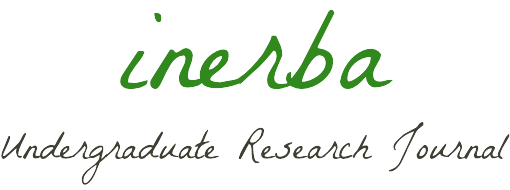Tag: Standardtexte
Leichte Sprache und Standardsprache im Vergleich von Textpaaren
di Giulia Milani
This article investigates Leichte Sprache, a recent but increasingly important simplified linguistic variety of German. Complex texts, taken especially from several technical fields (such as politics, medicine, administration etc.), are conveyed by using strategies of simplification. Leichte Sprache is mainly – but not exclusively – addressed to people with reading and learning difficulties, so as to give them access to texts which, due to their complexity, would otherwise be difficult to understand. This paper underlines the social, political and cultural role of this simplified variety of German, through which an active and conscious participation of primary addressees in society is achieved. Moreover, this work explores the linguistic features that, identifiable at the lexical, syntactic and structural levels, make a Leichte-Sprache-Text recognizable and different from a Standardtext. In order to fulfil this aim, a linguistic analysis of two pairs of text-types is carried out, so as to highlight the differences between the source text in standard German and its corresponding simplified form (Übertragung). In the last section, some problematic issues of Leichte Sprache are also taken into consideration.
Parole chiave: Textpaare, Leichte-Sprache-Texte, Standardtexte, Leichte Sprache, sprachliche Vereinfachung, erhöhte Verständlichkeit, Inklusion, linguistische Textanalyse
Leggi l'articolo